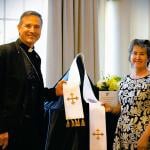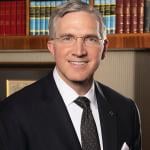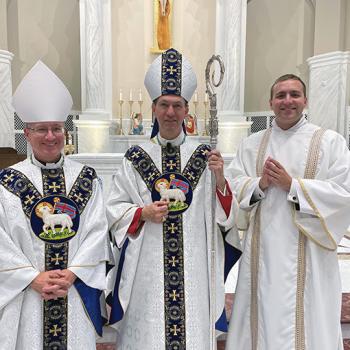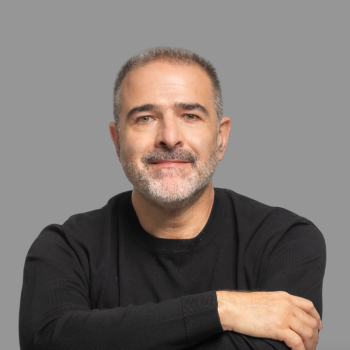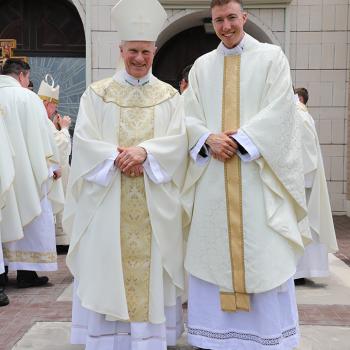CatholicPsych and Mentorship
“Mentorship is a disruptive, breakthrough model of accompaniment that is offering hope and healing to patients who have been stagnant in self-destructive behavioral patterns for years. Through our deeply relational method, the floodgates for the Holy Spirit have been unlocked, by weaving together faith, reason, and science, so that Catholic accompaniment can have the impact it was always meant to have,” said CatholicPsych Institute Director and Founder Dr. Greg Bottaro.
Traditional psychotherapy is typically intermittent; patients and therapists meet once a month or every few weeks – weekly at most. However, a lot happens between clinical appointments. Mentorship is 24/7 accompaniment that allows clients daily access to a well-trained professional mentor to process their thoughts and emotions in real time via a secure app. Since mentors respond within 24 hours, this allows them to engage in the work as it’s happening and respond in a more natural and organic way.
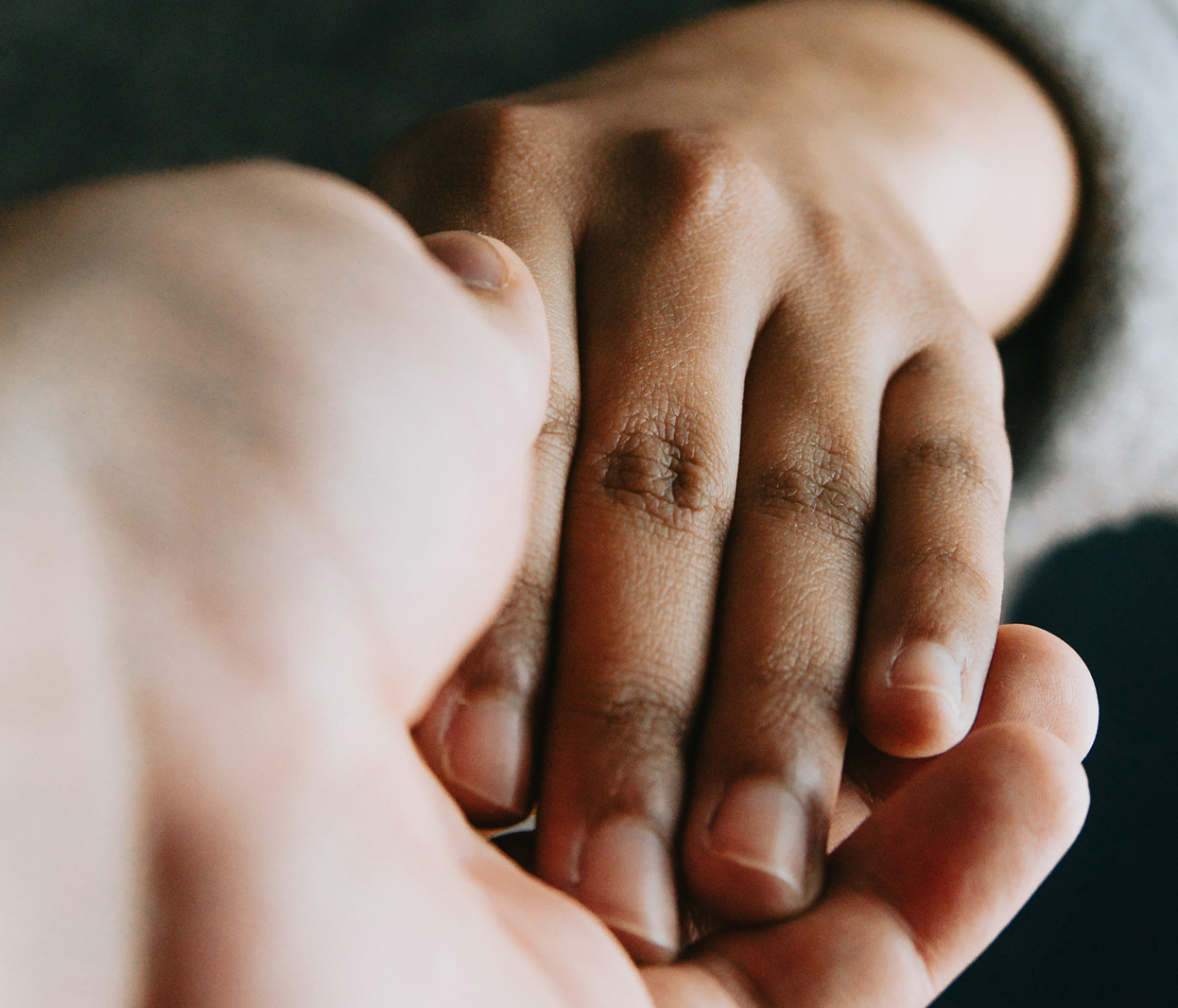
The personalized experience of Mentorship integrates mind, body, and soul, and it removes many of the common frustrations that patients report within the framework of modern therapy–not remembering what they wanted to discuss in between sessions, forgetting how to practically apply advice that was given, or not having access to their therapists when they need them most.
Meeting People where They Are
The impetus for this radically different paradigm originated in part from Bottaro’s experience living as a Franciscan Friar of the Renewal (CFRs) in the Bronx, where he discerned a religious vocation for four years under the tutelage of Fr. Benedict Groeschel.
“Jesus accompanied people differently. He walked with them on a daily basis and met them exactly where they were in their daily living. Our model of Mentorship mirrors this and is our solution to Catholic mental health and relational distress today. When people are accompanied daily by a trusted professional, they gain a deeper understanding of the model of the human person–how we are made, how we get wounded, and ultimately how we can be healed.”


